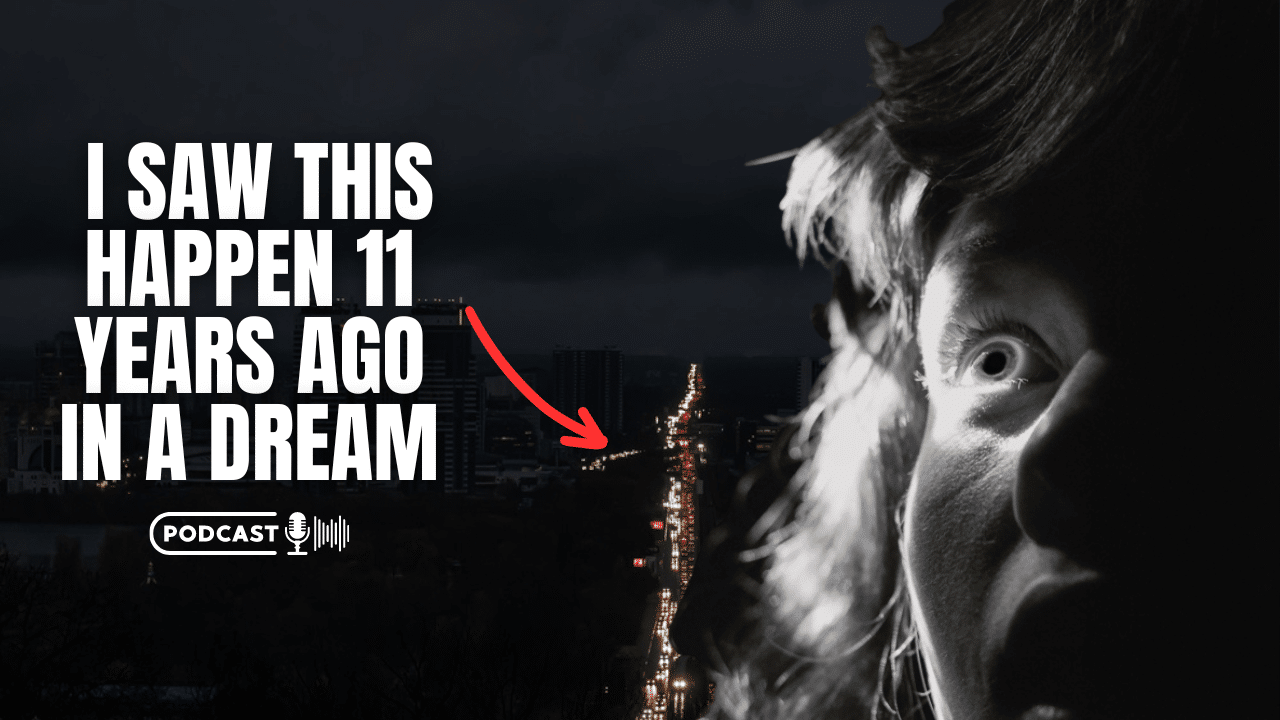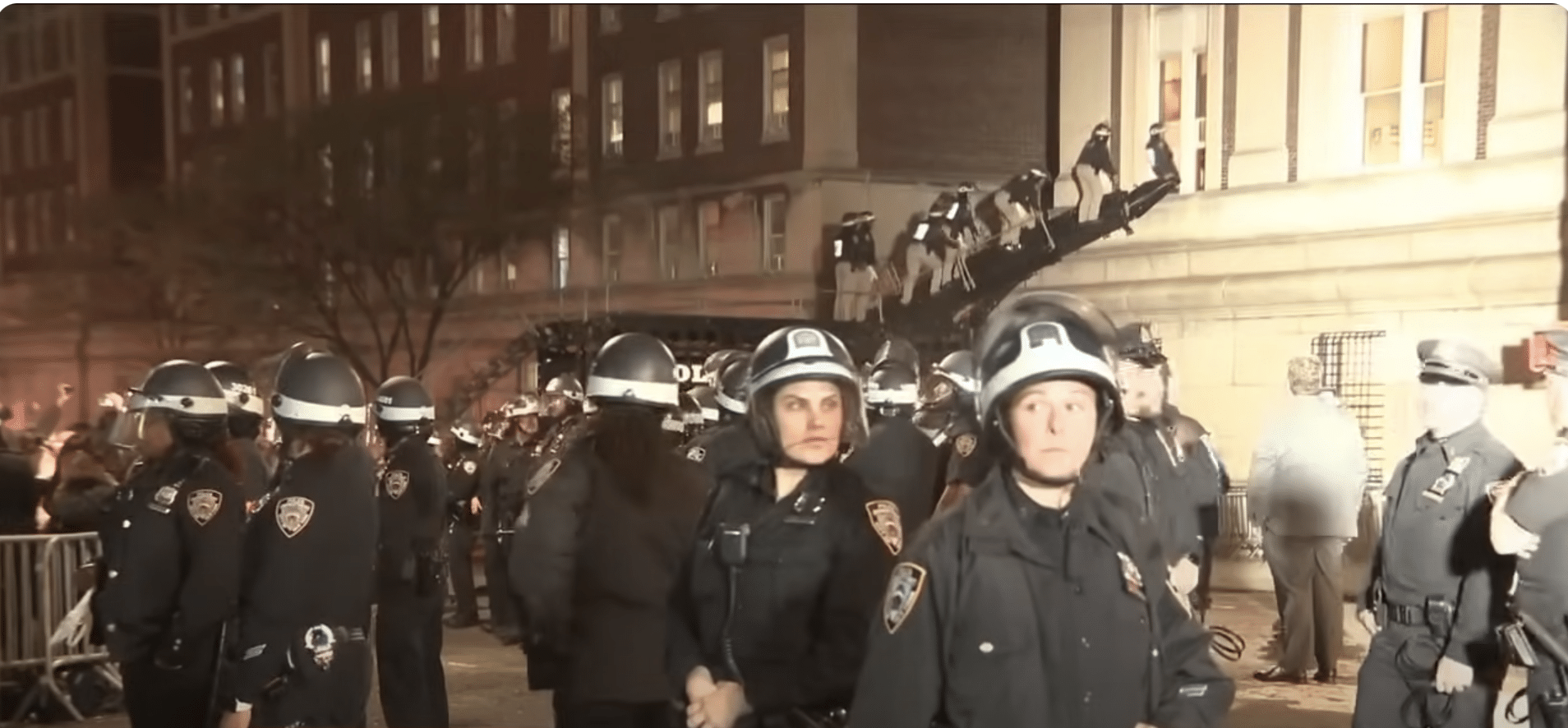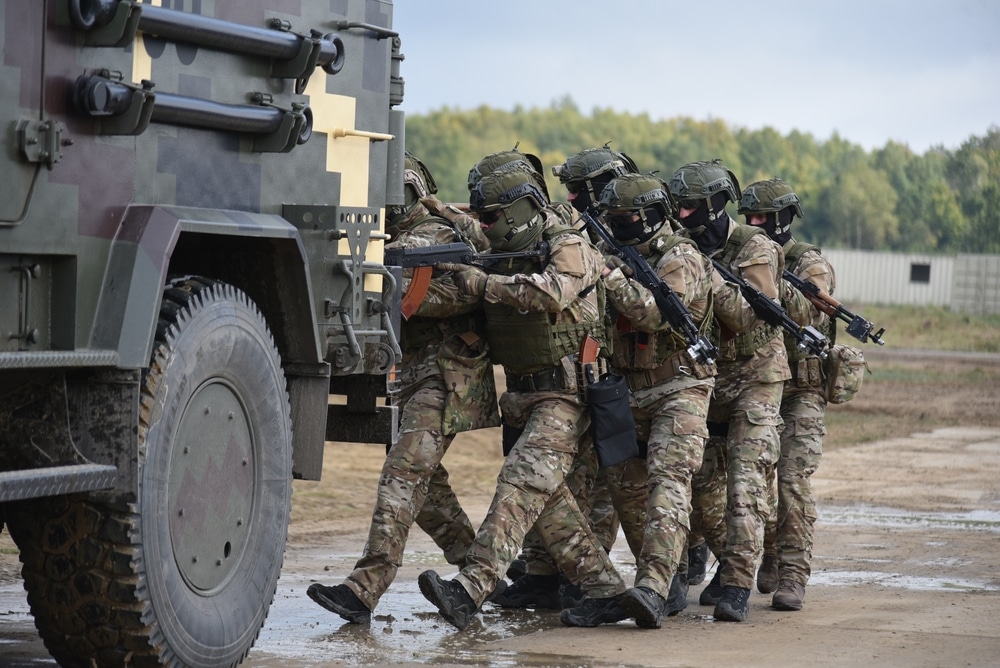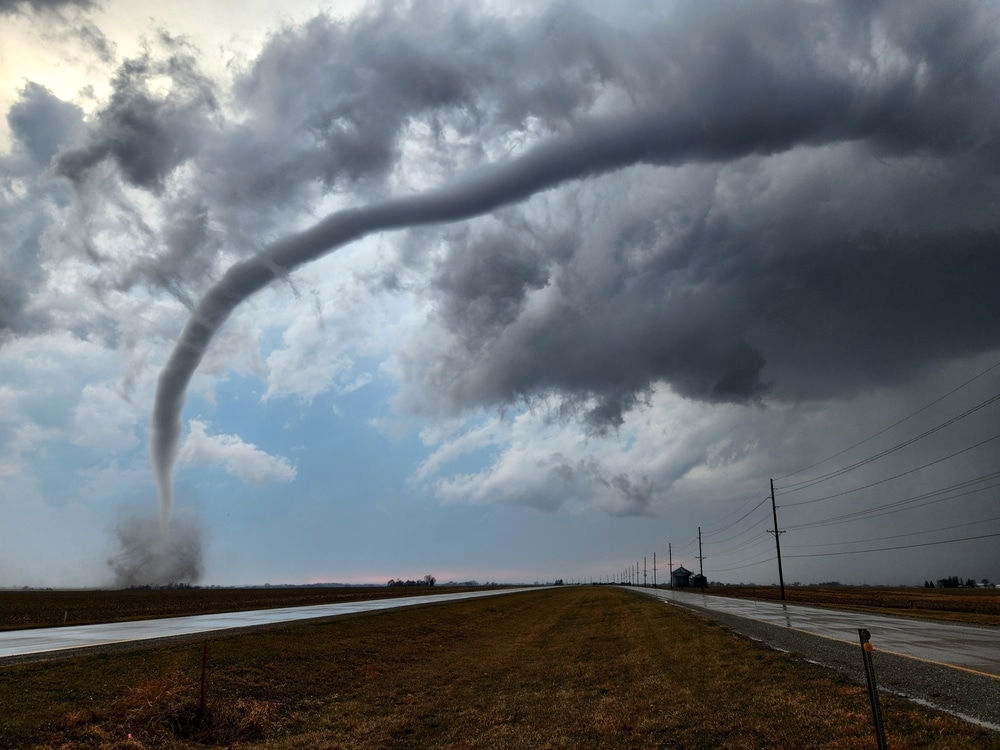The head of the United Nations nuclear watchdog has said that it would take Iran just weeks to have enough enriched uranium to make a nuclear bomb, and that Tehran’s activity, alongside the limited access it grants to its facilities, “raises eyebrows.”
But International Atomic Energy Agency chief Rafael Mariano Grossi told Deutsche Welle in a report published Monday that attacking Iran’s nuclear facilities should be a “no-go.”
Grossi said that Iran is “weeks rather than months” away from having enough enriched uranium to make a nuclear weapon.
“But that does not mean that Iran has or would have a nuclear weapon in that space of time,” he added. “A functional nuclear warhead requires many other things independently from the production of the fissile material.”
Iran’s nuclear goals, he maintained, are “a matter of speculation,” though he criticized the country for its enrichment activity that “raises eyebrows” and its opaque dealings with UN nuclear inspectors, who are not being given the level of access to facilities that he believes they need.
Grossi said there are still unresolved issues about Iran’s nuclear program, such as traces of enriched uranium found in locations where it was not expected to be.
“When you put all of that together, then, of course, you end up with lots of question marks,” Grossi said, and noted that an IAEA delegation will soon be heading to Iran. “I will be there to try to put these things back on track if they want to be believed,” he said.
Grossi’s remarks came amid a recent flare in tensions between Israel and Iran that appeared to bring the two countries to the brink of open war. After Iran fired a barrage of hundreds of missiles and drones at Israel in response to Israel’s alleged killing of Revolutionary Guard generals in Syria, there was international fear that Israel could retaliate with a strike on Iran’s nuclear facilities.
“Attacking nuclear facilities is an absolute no-go,” Grossi warned, while also condemning nuclear rhetoric in general.
“I believe that this normalization of talk about nuclear weapons, dropping nuclear weapons, getting nuclear weapons is absolutely deplorable,” he said.
Iran’s Supreme Leader Ayatollah Ali Khamenei, who has the last say on Tehran’s nuclear program, issued a fatwa, or religious decree, in the early 2000s banning the development of nuclear weapons because they are contrary to “the spirit of Islam.”
But while Iran denies ever seeking such a weapon, Israel and the West believe the country had an active nuclear weapons program until at least 2003.


















